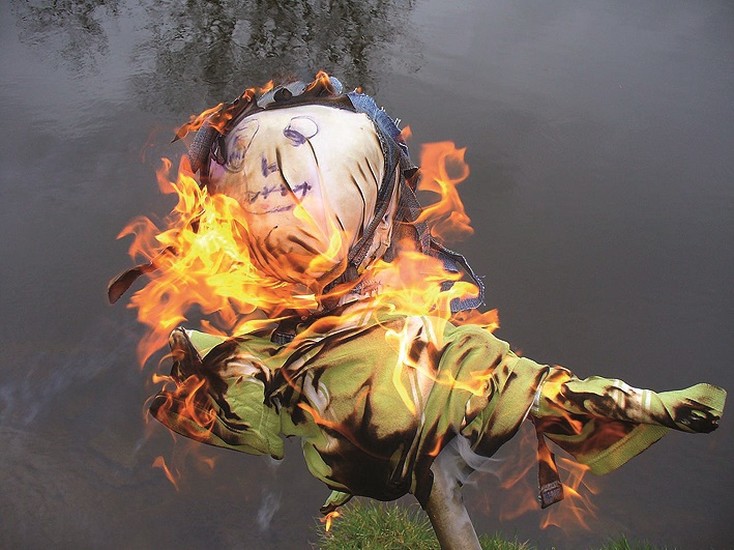
The increasing interest in home funerals tops this week’s news. We learned about Diane Rehm’s thoughts on life and death, how to think outside the box when it comes to your funeral, and got insight into the term “natural causes.”
New on the blog this week:

Diane Rehm on life, death and learning to play the piano
2/23/2016–washingtonpost.com: ublic-radio host Diane Rehm, 79, began writing her new book, “On My Own,” on the last night of her husband’s life. The candid memoir tracks Rehm’s first year of widowhood, starting when her husband, John, decided he was done fighting Parkinson’s disease, which had rendered him nearly immobile. It describes the 10 excruciating days when John starved himself to death (a path he chose, Rehm says, because assisted suicide is illegal in her home state of Maryland)… Read the full story
Startups are defying taboos and breathing life into France’s funeral industry
2/22/2016–qz.com: France’s treatment of its dead is a major tourist draw: from the artfully designed crypts and sprawling cemeteries holding the bones of Voltaire, Oscar Wilde and Jean-Paul Sartre, to the millions of carefully arranged bones that line the Paris catacombs. But much like the rest of the world, the French undertaking business has historically been a grimly predictable one: people are born, people die, people need to be buried… Read the full story
Your funeral: thinking outside the box one last time
2/22/2016–theguardian.com: It was good to see the Italian family of coffee impresario Renato Bialetti housing his ashes in a totally appropriate coffee pot urn last week. The freedom to be creative and to add personal touches to funerals is something that the British are getting really good at too. In fact, our ability to organise alternative funerals is the envy of most of the world, as many other countries are strictly controlled by a combination of state law, church and industry. At the moment we are not restricted and are free to choose. Long may this continue… Read the full story
Justice Antonin Scalia’s death was ruled as “natural causes.” But what exactly does that mean? (Photo source: usatoday.com)
What does it mean to die of ‘natural causes?’
2/22/2016–cnn.com: Supreme Court Justice Antonin Scalia and author Harper Lee recently died of natural causes, according to most news reports. But what does that phrase mean? Or, rather, what is “unnatural” about something that happens to everyone? Is it just for the old? Does cancer count as “natural?” The answers are more complicated than the simple, common phrase would lead many to believe, and they even have legal ramifications… Read the full story
Death midwives and workshops on how to handle a corpse: DIY funerals bring back ‘ancient’ process
2/21/2016–news.nationalpost.com: It’s only because Deborah Magdee happened to overhear a radio show two years ago that she left her mother’s dead body at home for five days. The radio segment introduced the Vancouverite to home funerals, where family and friends assume the role of a mortician rather than relying on a morgue. Proponents say it’s a cheaper, more intimate experience that can help loved ones with their grief… Read the full story
- Related: On death and dying at home
- Related: Would you host a funeral in your home?
- Related: Home Funerals, Rent-Seeking, and Religious Liberty

Royal Trinity Hospice in Clapham, south London is working to help change the near death experience. (Photo source: independent.co.uk)
Royal College of Art students collaborate with London hospice to ‘re-style’ the experience of death
2/17/2016–independent.co.uk: What constitutes a good death? This is the question posed by a pioneering project set up to redesign the end-of-life experience, based at the Royal Trinity Hospice in Clapham, south London. A group of service designers (bear with me) and design students have spent the past eight months investigating the experience of death and dying in Britain, and how it might be improved… Read the full story










